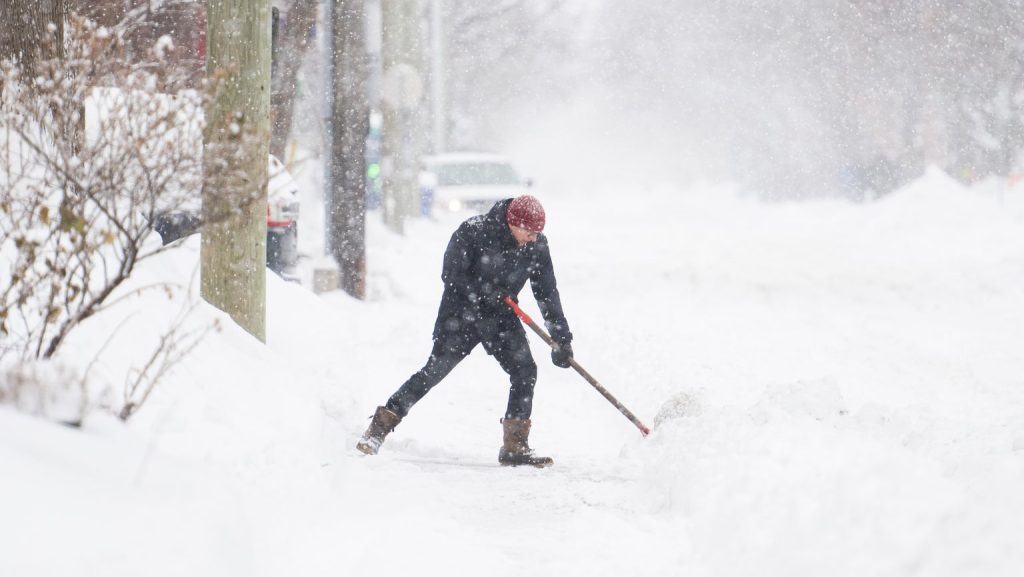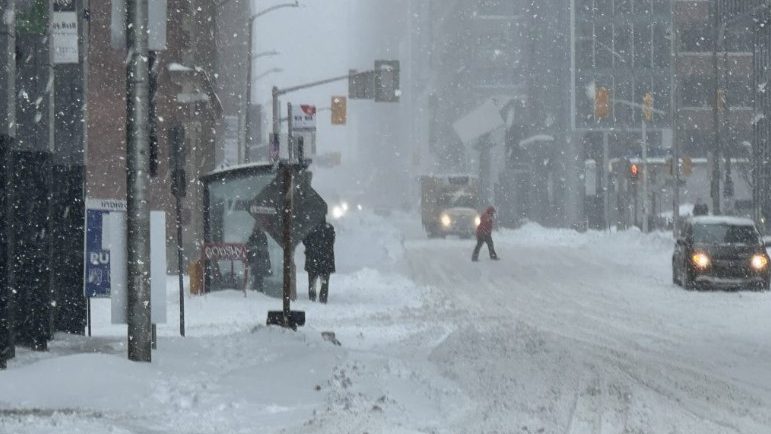Home prices soared at record pace in January while sales slip from 2021 peak: CREA
Posted Feb 15, 2022 07:49:23 PM.
The price of homes rose at a record pace in January even as sales fell from last year’s peak to post their second-best showing for the month, the Canadian Real Estate Association said Tuesday.
The national average home price was $748,450 in January, up 21 per cent from $618,587 a year earlier.
Excluding Greater Vancouver and the Greater Toronto, two of Canada’s most active and expensive housing markets, cuts almost $160,000 from the national average price, CREA said.
The seasonally-adjusted average home price in both regions was more than $1.2 million and rose 1.8 per cent in Greater Vancouver and 5.7 per cent in Greater Toronto from December.
The aggregate composite home price index amounted to $836,300, up a record 2.9 per cent on a month-over-month basis in January.
Aside from when the country was emerging from the first wave of the pandemic, January’s monthly price gain was the fastest since 1989, said Rishi Sondhi, an economist with TD Economics, in a note to investors.
Last month’s sales slid 10.7 per cent to 33,166 from 37,137 in January 2021, when the country reported its highest January sales ever.
On a seasonally adjusted basis, home sales for the month amounted to 55,043, up by one per cent from 54,482 in December.
“The reality is that people weren’t ready to sell and there was very little supply on the market,” said Davelle Morrison, a Toronto broker with Bosley Real Estate Ltd.
“Now, I have three listings signed up for the end of February or beginning of March, but for those people January was just a little bit too early for them.”
Realtors and economists attributed the second-best showing and soaring prices to high demand for homes from millennials anxious to buy their first property before prices climb any further, newcomers entering the country after immigration ground to a halt during the pandemic and investors keen to take advantage of lower interest rates.
“It’s tough for supply to keep up with such a supercharged demand backdrop,” said Sondhi.
His remarks came as CREA noted a lack of new listings, which fell 11 per cent to 61,602 in January from 69,196 in December.
But Robert Kavcic, senior economist at BMO Capital Markets, argued that the past year has seen new listings become available at a normal rate and the boom in demand is what’s really making the market balance and inventory look “extraordinarily tight.”
“When listings are being vaporized in days by multiple offers, it’s a demand issue,” he wrote in a note to investors.
“Expectations of price growth could even be holding back listings as well as boosting demand.”
Several real estate boards are predicting smaller, but continued year-over-year price increases in 2022 as extremely low interest rates experienced during the COVID-19 pandemic are poised for a hike.
“Affordability is clearly worsening quickly, which should make it tougher for first-time homebuyers to jump into the market,” said Sondhi.
The market has tipped in favour of sellers. CREA found last month a record 85 per cent of local markets were seller’s markets, while it categorized 15 per cent of other regions as “balanced.”
Those conditions combined with the lack of new listings pushed prices up once again.
“People can’t afford it in the GTA,” said Morrison, noting that she’s seen people head to New Brunswick or even the outskirts of the GTA, where housing is cheaper.
“As the expression goes, they’re going to drive until they buy.”
Claire Fan, an economist with RBC Economics, noted price gains were led by major markets like Toronto and Montreal, which both saw prices rise by 3.5 per cent from December.
“Growth has been slower in the Prairie provinces, but even there the majority of markets have sellers in the driver’s seat,” she wrote in a note to investors.
But Fan has some hope that the market will become less frenzied.
She believes deteriorating affordability, rising borrowing costs and increasing housing supply will gradually cool demand and restore some balance.
Kavcic agreed.
“We have a fundamentally-strong housing market that has been allowed to overheat by too-loose policy,” he wrote.
“It’s going to take higher interest rates to alter the market psychology, cool excess demand and price growth. That day is fast approaching.”
This report by The Canadian Press was first published Feb. 15, 2022.
Tara Deschamps, The Canadian Press








